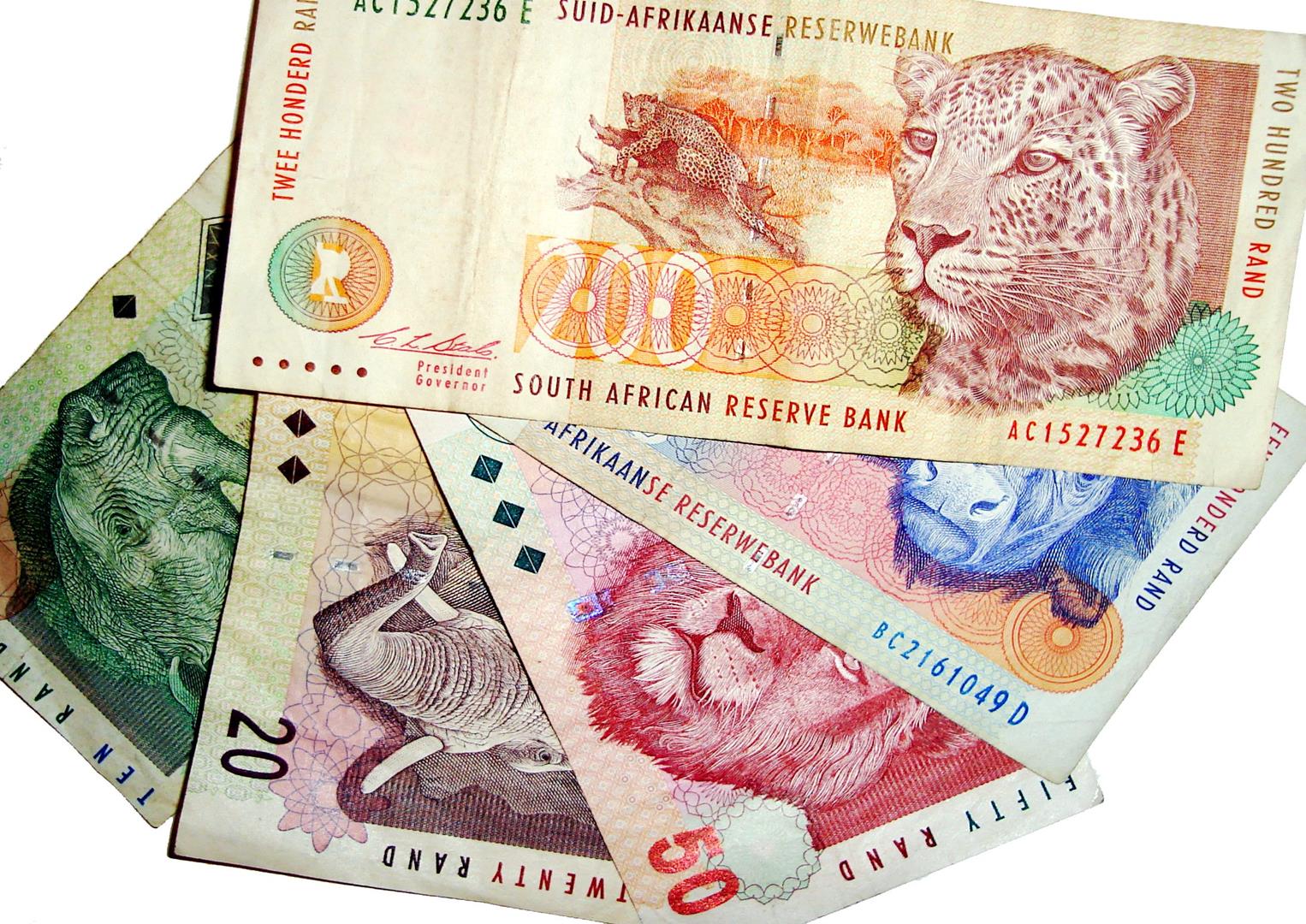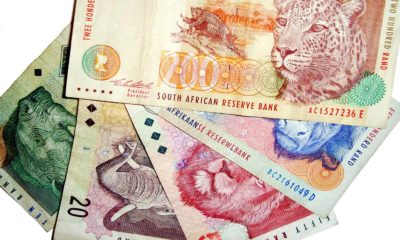- Traders Are Bracing for ‘Explosive’ Moves in the Rand
Rand traders haven’t been this nervous since the global financial crisis.
Just days before South Africa’s ruling African National Congress elects a leader to replace President Jacob Zuma as party head, the rand’s implied volatility versus the dollar has shot up to levels last seen in 2008. The measure, based on options to buy or sell the currency, suggests traders are preparing for big price swings, depending on the outcome of the leadership battle.
A win for Cyril Ramaphosa, a former trade unionist who built a multi-million rand business empire before becoming the party’s deputy president, could spark a rand rally to below 13 per dollar, a level last seen in September, according to Rand Merchant Bank. Victory for his main opponent, Nkosazana Dlamini-Zuma, former chair of the African Union Commission and President Zuma’s ex-wife, could see the currency test the record-weak levels it posted last year.
Traders should brace for “explosive” moves after the weekend, said John Cairns, a currency strategist at RMB. The rand’s strength in recent weeks — it has gained 6.8 percent against the dollar in the past month — suggests investors are pricing in a Ramaphosa victory. That may leave the currency vulnerable to a selloff should Dlamini-Zuma win, he said in a client note this week.
“We suspect that the rand’s gains are going to abate and the market will be cautious going into the weekend given the decisive vote is due on Sunday,” Cairns wrote. “But this does not imply stability; in fact, the opposite as nerves get drawn tight.”
Although Ramaphosa has won most nominations from ANC branches, the outcome of the election is far from certain. Branch delegates vote in a secret ballot and may ignore their mandates. While it’s possible that a deal could be struck to accommodate members of both camps in senior positions, neither Ramaphosa nor Dlamini-Zuma are likely to relinquish their claims to the top job. It’s a near-certain path to the country’s presidency should the ANC win a majority in general elections in 2019.
Feedback from investors suggests the rand could gain as much as 3.6 percent on a Ramaphosa win, but slump as much as 15 percent on a Dlamini-Zuma triumph, Cairns said. The currency was little changed at 13.4629 per dollar by 4:54 p.m. in Johannesburg after strengthening 1.6 percent on Wednesday.
Here’s what other analysts are saying:
Christopher Shiells, managing analyst for emerging markets at Informa Global Markets Europe:
“The rand is under-prepared for a worst-case scenario, and the rally in December suggests it is pricing in a Ramaphosa win, but this is far from certain. The rand could slump on a Dlamini-Zuma win.”
“It is really hard to say where rand will be in the first quarter of 2018 as the outcome of the election, an the February budget statement and credit rating reviews are all unknowns, but 14 rand per dollar looks likely on any sub-optimal outcome of conference.”
Per Hammarlund, chief emerging-markets strategist at SEB Group in Stockholm: “The best-case scenario would be for Ramaphosa to win the nomination by a large enough margin to be able to pick a team around him without having to compromise with the Zuma faction. The prospects for market- and growth-friendly reforms would be significantly higher than if Dlamini-Zuma were elected.”
“I don’t think that the price of the rand fully reflects the risk of Dlamini-Zuma becoming party president. The ANC would split and the Zuma faction would take a strongly populist turn to boost its prospects in the 2019 polls.
However, government finances would deteriorate sharply and ratings would follow, leading to a weaker rand and higher yields.”
The rand may weaken to 14.00 per dollar by the end of the first quarter.
George Glynos, chief economist at ETM Analytics in Johannesburg: The base-case scenario is that Ramaphosa wins, but is joined by a compromised national executive committee. The market response would be favorable, but not “overwhelmingly rand-bullish.”
A Dlamini-Zuma win is the worst-case outcome: “Very little would be done to stop the patronage lines and the culture of corruption would remain endemic. This outcome would inspire very little in the way of confidence and would likely translate into a selloff in South African markets including the rand and bonds.”
The least-likely scenario is a convincing Ramaphosa win.
Sonja Keller and Yvette Babb, strategists at JP Morgan Chase & Co.: “Since mid-November financial markets have seemed to us to increasingly expect Cyril Ramaphosa to win.”
Should that be the case, South Africa may win a reprieve on further credit-rating downgrades. That would boost confidence, stem portfolio outflows and rand volatility, and support the economy’s cyclical recovery in the second half of 2018.
“Our current base case foresees room for some rand weakness in the first quarter.”

 Forex3 weeks ago
Forex3 weeks ago


 Naira2 weeks ago
Naira2 weeks ago
 Billionaire Watch2 weeks ago
Billionaire Watch2 weeks ago






 Naira3 weeks ago
Naira3 weeks ago






 Naira2 weeks ago
Naira2 weeks ago


 Naira1 week ago
Naira1 week ago




 Naira4 weeks ago
Naira4 weeks ago






 Naira1 week ago
Naira1 week ago




















